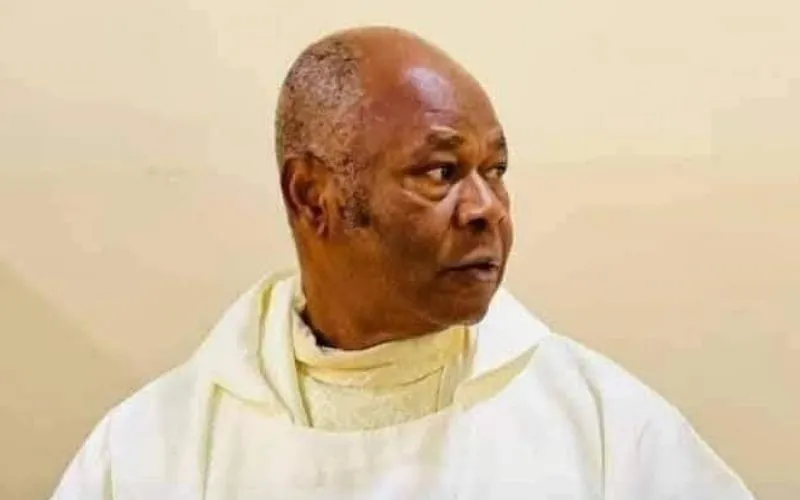Nairobi, 04 July, 2024 / 9:48 pm (ACI Africa).
The president of the Kenya Movement of Catholic Professionals (KMCP) has highlighted some of the “strategies” Kenya’s youth have employed in the demonstrations against the controversial Finance Bill 2024, which they successfully spearheaded in June.
In his situational report shared with ACI Africa Tuesday, July 2, Samuel Mukundi weighs in on the Gen Z-led protests that started on June 18, the day the Bill was tabled in parliament for debate, with hundreds of youths and some human rights activists taking to the streets of Nairobi to urge the legislators not to vote for the Bill during its second reading that was scheduled for June 20.
President William Samoei Ruto announced on June 26 that he will not assent to the Bill, succumbing to mounting public pressure after the previously peaceful protests turned violent , resulting in loss of lives and destruction of property.
“Leaderless”
“The protest has no formal leadership. There are opinion leaders but are not ascribed any formal titles or positions and have not defined control system over the virtual caucus,” Mr. Mukundi says.





